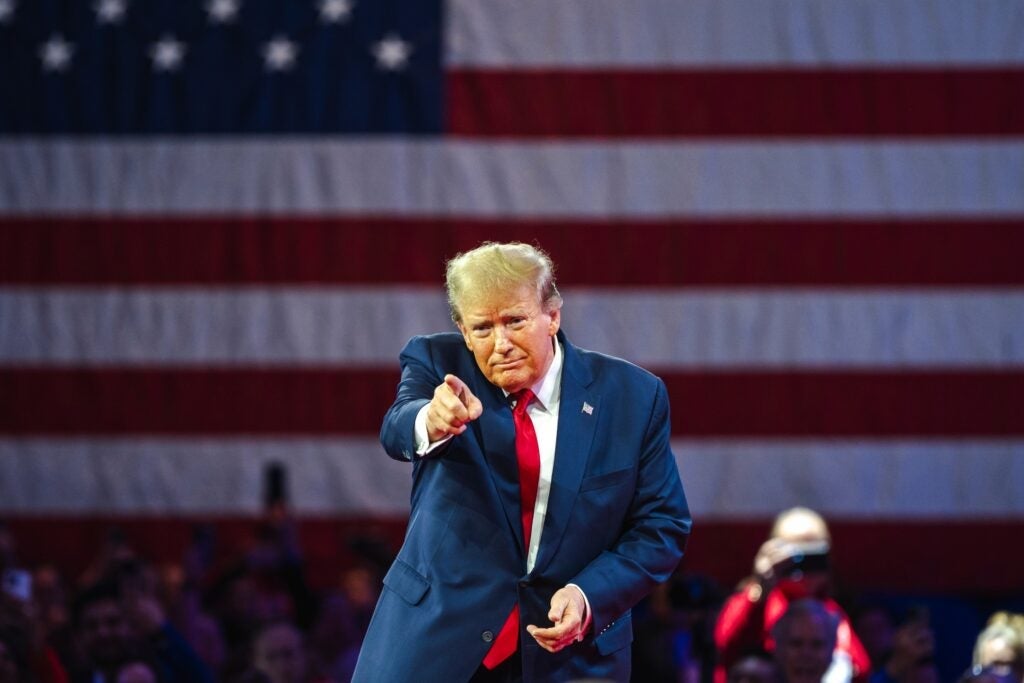Trump Said South Korea Will Provide $350 Billion Investment ‘Upfront’ In Tariff Deal, But Its NSA Says ‘We Are Not Able To Pay’ It: Report
South Korea can’t afford to pay the $350 billion all at once, as President Donald Trump proposed, according to Seoul’s National Security Adviser (NSA) Wi Sung-lac, who spoke on Channel A News on Saturday.
“We are not able to pay $350 billion in cash,” Wi stated, according to Reuters. “The position we’re talking about is not a negotiating tactic, but rather, it is objectively and realistically not a level we are able to handle.”
July Deal Terms Under Dispute
The allies’ July handshake agreement lowered U.S. tariffs to 15% from 25%. South Korea is committed to providing $350 billion through loans, loan guarantees, and equity investments, rather than direct cash payments, according to reports.
Trump contradicted this on Thursday, saying, “South Korea’s $350 billion. That’s upfront.”
See Also: Donald Trump Orders Release of Amelia Earhart Files Nearly 90 Years After Her Disappearance
U.S. president signed the 15% tariff executive order in July, but the deal implementation details remain unfinalized.
Financial Crisis Warning
South Korean President Lee Jae Myung told Reuters that upfront payment could trigger a “1997-style financial crisis.” With $410 billion in foreign exchange reserves, the massive outlay requires safeguards like currency swaps.
Seoul’s National Security Adviser demanded “commercially rational” terms during United Nations meetings with Treasury Secretary Scott Bessent.
Seoul is seeking unlimited credit line swap arrangements from Washington.
Trade Relations Strained
Negotiations are also stuck because, according to reports, the U.S. wants control over the funds and the payment structure.
Tensions grew after Immigration and Customs Enforcement (ICE) raids at Hyundai Motor Co.‘s (OTC: HMYLF) Georgia battery plant, where South Korean nationals were detained and sent back to South Korea.
Wi said Seoul is “discussing alternatives” and aims to resolve at next month’s Asia-Pacific Economic Cooperation summit.
Read Next:
Photo by Jonah Elkowitz via Shutterstock
Disclaimer: This content was partially produced with the help of AI tools and was reviewed and published by Benzinga editors.


